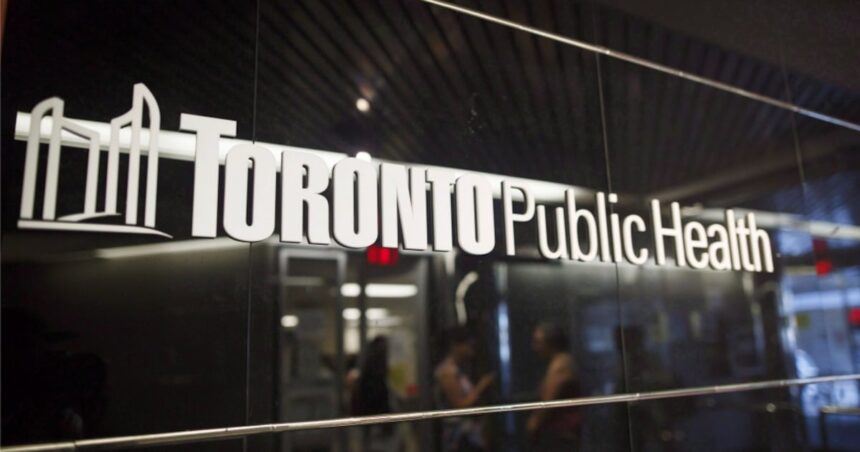As September approaches, Toronto Public Health officials have issued an urgent reminder to parents of elementary students: ensure your child’s vaccinations are up to date or face potential suspension from school.
The annual vaccination compliance review, which typically affects thousands of Toronto students, has taken on heightened significance following several localized outbreaks of preventable diseases in neighboring regions over the past year.
“We’ve observed concerning gaps in immunization coverage since the pandemic disrupted regular healthcare routines,” explains Dr. Eileen de Villa, Toronto’s Medical Officer of Health. “This isn’t merely about administrative compliance—it’s about protecting our children and maintaining community immunity against serious diseases.”
Records indicate approximately 15,000 Toronto elementary students currently lack documentation for one or more required vaccinations under Ontario’s Immunization of School Pupils Act. This legislation mandates protection against diphtheria, tetanus, polio, measles, mumps, rubella, meningococcal disease, pertussis, and varicella for school attendance.
Parents whose children have immunization records flagged as incomplete will receive notification letters from Toronto Public Health in early September, providing a 30-day window to update records before suspension notices are issued. Officials stress that the goal isn’t punishment but ensuring community protection.
“We understand families face various barriers to vaccination,” notes Maria Wong, Superintendent of Student Services with the Toronto District School Board. “That’s why we’re partnering with Toronto Public Health to offer catch-up clinics at selected schools throughout September and October.”
For families experiencing financial constraints or lacking OHIP coverage, free vaccination services are available through Toronto Public Health clinics. Translation services and extended hours aim to accommodate diverse family circumstances.
The enforcement approach follows similar measures in other Canadian jurisdictions that have successfully raised compliance rates. Last year’s campaign in Toronto resulted in a 92% resolution rate before suspensions were enacted, with most remaining cases resolved within the first week of enforcement.
Public health experts emphasize that high vaccination rates provide crucial protection for vulnerable populations, including immunocompromised individuals who cannot receive certain vaccines. The concept of “herd immunity” requires approximately 95% coverage to effectively prevent disease transmission within communities.
Recent data from the Public Health Agency of Canada indicates troubling national trends, with MMR (measles, mumps, rubella) vaccination rates dropping below the critical threshold in several provinces, raising concerns about potential outbreaks.
As debate continues about balancing public health requirements with personal choice, Toronto officials remain committed to education-first approaches while maintaining necessary enforcement mechanisms to protect public health.
“These measures may seem strict to some,” Dr. de Villa acknowledges, “but history has repeatedly shown that vaccine-preventable diseases can return rapidly when immunization rates decline. The consequences can be devastating.”
As families prepare for the new school year, the question remains: how will Toronto balance respecting individual circumstances while ensuring sufficient protection for the broader community in an era of increasing vaccine hesitancy?










